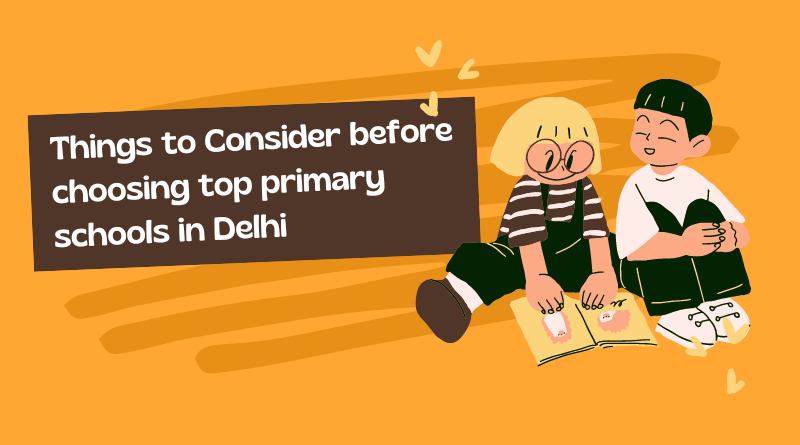Primary schools are educational institutions that provide the first level of formal education for children, typically between the ages of 4 and 11. Primary schools are designed to provide students with a solid foundation in basic skills such as reading, writing, and mathematics, as well as a broad range of other subjects, including science, social studies, art, music, and physical education. The curriculum in primary schools is typically based on the national curriculum and is designed to help students develop the knowledge, skills, and attitudes they need to succeed in later years of their education and in life.
Primary schools also play an important role in the social and emotional development of children. They provide a safe and nurturing environment where children can learn to interact with their peers, develop good social skills and make friends. They also help children to develop self-confidence and self-esteem, which are important for their overall well-being.
In most countries, primary education is compulsory, and attendance is usually required from the age of 5 or 6 until the age of 11 or 12. After completing primary education, students typically move on to secondary education.
- Location and accessibility: Consider the proximity of the school to your residence and the ease of transportation to and from the school.
- Curriculum and teaching methods: Research the school’s curriculum and teaching methods to ensure they align with your educational philosophy and expectations.
- Facilities and extracurricular activities: Look into the school’s facilities and extracurricular activities to ensure they meet your needs and interests.
- Reputation and past performance: Research the school’s reputation and past performance to get an idea of the quality of education it provides.
- Fees and other expenses: Compare fees and other expenses of different schools to ensure they are affordable and within your budget.
- Reviews and testimonials: Read reviews and testimonials from current or former students and parents to get a better understanding of the school’s strengths and weaknesses.
- Child’s preference: Ask your child which school they would like to attend, as their happiness and comfort level in school is important for their overall well-being.
Benefits of choosing top primary schools for your child
- Quality Education: Top primary schools in Delhi generally have a reputation for providing a high-quality education. They may have experienced teachers, well-equipped classrooms, and challenging curriculum that can help prepare students for higher education.
- Strong foundation for future education: A strong foundation in the primary years can better prepare students for the later years of their education.
- Exposure to new opportunities: Top primary schools in Delhi may offer a wide range of extracurricular activities and programs that can help students develop new skills and interests.
- Better facilities: Top primary schools in Delhi generally have better facilities such as modern classrooms, libraries, computer labs, playgrounds, and sports facilities.
- Strong emphasis on discipline and values: Top primary schools in Delhi generally have a strong emphasis on discipline and values, which can help students develop good habits and a strong work ethic.
- Reputation and Networking: A good reputation of school will help you to network with other alumni and their family.
- Better chances of getting into good higher education institutions: Students from top primary schools in Delhi may have better chances of getting into good higher education institutions as they are well-prepared academically and have a strong foundation.

